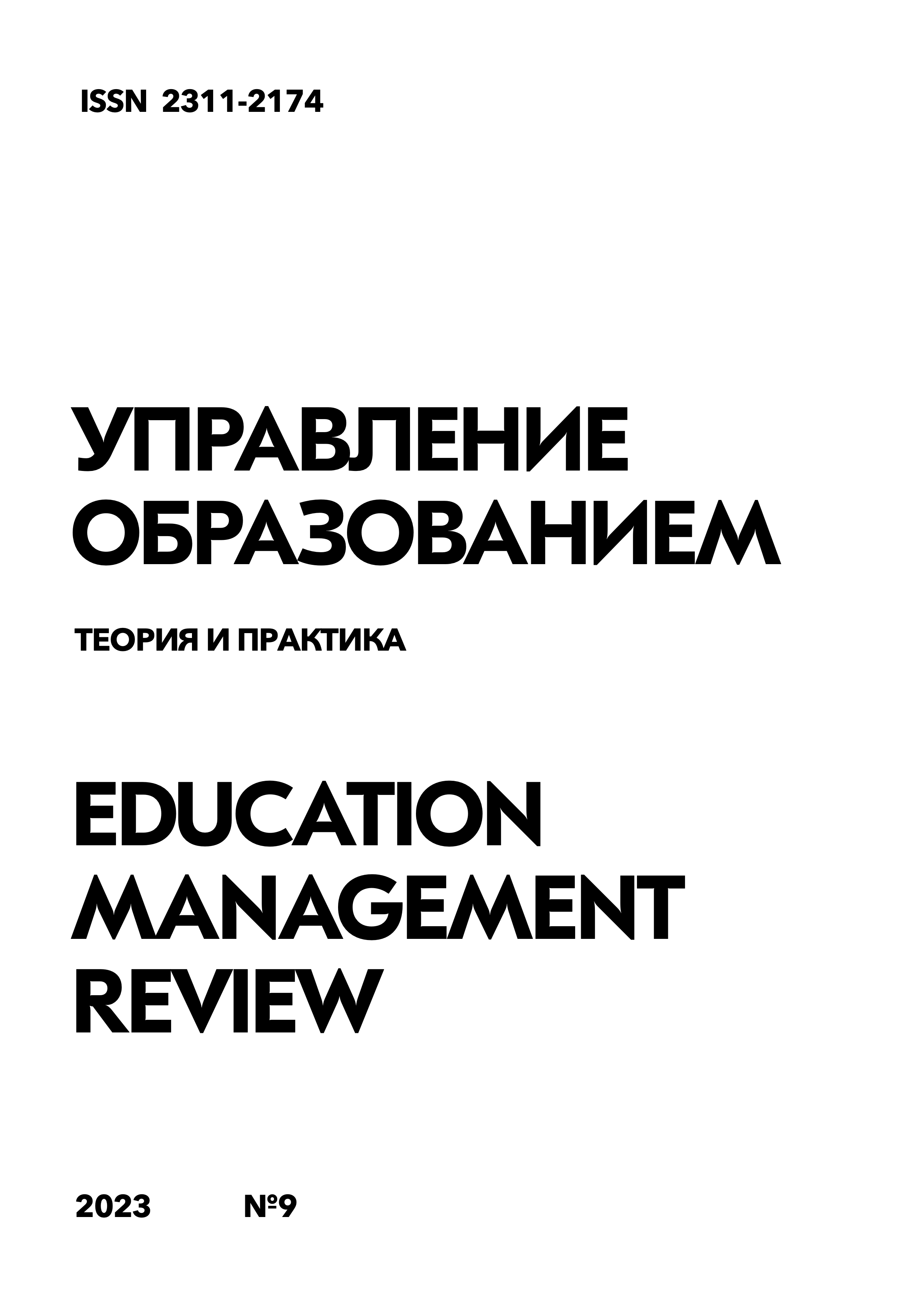Some aspects of the development of bachelor's degree programs in the context of federal state educational standards of higher professional education
DOI:
https://doi.org/10.25726/b1409-1888-2099-vKeywords:
designing the content of education, higher professional education, bachelor's degree programs, competence approach in educationAbstract
This scientific article discusses the development of undergraduate educational programs within the framework of modern federal state educational standards of higher professional education with an emphasis on the competency-based approach. Over the past decades, the paradigm shift from a knowledge-based model to a competency-based model has been recognized as key in modern pedagogy. Despite this transformation, knowledge remains a fundamental and central element in the development of the content of the professional training of students enrolled in undergraduate programs. The study explores content design, in which various types of knowledge, including theoretical, empirical, personal, and evaluative, play a key role in shaping the educational landscape. The competence-based approach to education reinforces the importance of not only modular, but also task-based structuring of content for students, which requires careful consideration of the principles of contextual learning. Contextual learning recognizes the socio-cultural and professional aspects inherent in bachelor's training and is effectively implemented through a variety of pedagogical methods, including research-based learning, project-based learning, case-based learning, reflective learning, and authentic assessment. This comprehensive emphasis is in line with the requirements of a post-industrial society, in which diverse and multifaceted abilities are considered a prerequisite for success.
References
Андреев А. Знания или компетенции? // Высшее образование в России. № 2. 2005. С. 9.
Беспалько В.П. Педагогика и прогрессивные технологии обучения. М., Изд-во ИРПО, 1995.
Вербицкий А.А. Компетентностный подход и теория контекстного обучения: материалы к четвертому заседанию методологического семинара. М., ИЦПКПС, 2004. С. 8.
Гершунский Б.С. Педагогическая прогностика: методология, теория, практика. Киев, Вища школа, 1986. 197 с.
Гришанова Н.А. Компетентностный подход в обучении взрослых: материалы к третьему заседанию методологического семинара. М.: Исследовательский центр проблем качества подготовки специалистов, 2004. 16 с.
Зимняя И.А. Ключевые компетенции новая парадигма результата образования // Высшее образование сегодня. 2003. № 5. С. 8.
Компетентностный подход к проектированию государственных образовательных стандартов высшего профессионального образования (методологические и методические вопросы). Труды методологического семинара «Россия в Болонском процессе: проблемы, задачи, перспективы». Под науч. ред. д-ра пед. наук, профессора В.И. Байденко. М.: Исследовательский центр проблем качества подготовки специалистов, Российский Новый Университет, 2005. 104 с.
Крылова О.Н. Развитие знаниевой традиции в современном содержании отечественного школьного образования. Дисс. Д.п.н., СПб., 2010. С. 44.
Тонких А.П. Проектная деятельность и формирование общекультурных и профессиональных компетенций будущего учителя начальных классов // Начальная школа плюс До и После. 2013. № 8. С. 33-37.
Фролов Ю.В., Махотин Д.А. Компетентностная модель как основа оценки качества подготовки специалистов // Высшее образование сегодня. 2004. № 8. С. 34-41.




